We were lucky to catch up with Martin Shoemaker recently and have shared our conversation below.
Martin, we’re so excited for our community to get to know you and learn from your journey and the wisdom you’ve acquired over time. Let’s kick things off with a discussion on self-confidence and self-esteem. How did you develop yours?
In my teens, I submitted my first story. It got rejected, and I gave up.
In college, I submitted my second story. It got rejected, and I gave up.
Early in my programming career, I submitted another story. It got rejected, and I gave up.
And so on. And so on. I wanted to write, but I lacked persistence.
Finally, when I was 47, I got a rejection… and I didn’t give up. I sent to the next market, and the next. I studied. I wrote and submitted more stories. This time I kept at it for six whole months!
But I was getting nowhere. My stories weren’t selling. So I gave up… but this time with a plan. On January 1, I would put away my writing tools and start writing computer games. I could pretend to be a writer until then. And as a writer, I had a rule that every Saturday I had to submit every story that wasn’t submitted yet.
I had written a story I really liked, and sent it off to Asimov’s Science Fiction. It came back rejected… on December 31… which was a Saturday. My rules said it had to be submitted. So I searched for a market, and I found Writers of the Future. I didn’t know much about it, but I knew it was some sort of contest. I knew that some of the writers I followed were judges, including two of my favorites, Larry Niven and Jerry Pournelle. And the contest has a quarterly deadline. December 31 was the deadline. And I like serendipity. So I sent the story in.
And the next day, I put away my writing tools. I was done. I would write Windows Phone games. I’m an excellent programmer. I would stick to what I knew. And by March, I had made $50 from my games. That was where I belonged.
And then I got a call from Writers of the Future. I had literally forgotten I had sent them a story, so imagine my surprise when contest coordinator Joni Labaqui told me my story was a Finalist. That meant it was in the top 8 among thousands of entries. The top 3 would be published in the annual anthology, and the writers would attend a workshop in Hollywood taught by the bestselling judges.
Suddenly I was back in the writing business, learning more about Writers of the Future. The more I learned, the more I wanted to win.
But I didn’t. A month later I got another call from Joni. My story hadn’t won; but contest judge Jerry Pournelle thought it should have. He loved that story.
Jerry Pournelle… whom I’d been reading for 30 years.
Jerry Pournelle loved my story.
And that’s when I realized that maybe my biggest mistake was giving up. That’s when I gave up giving up. And sales followed. It took a dozen more entries, but eventually I won Writers of the Future. I got to attend the annual workshop and meet Jerry Pournelle and all the other judges. I made connections that are still benefiting my career 10 years later. All because I gave up giving up.
So my message to new writers, young writers especially, is: Be smarter than me. Keep trying!

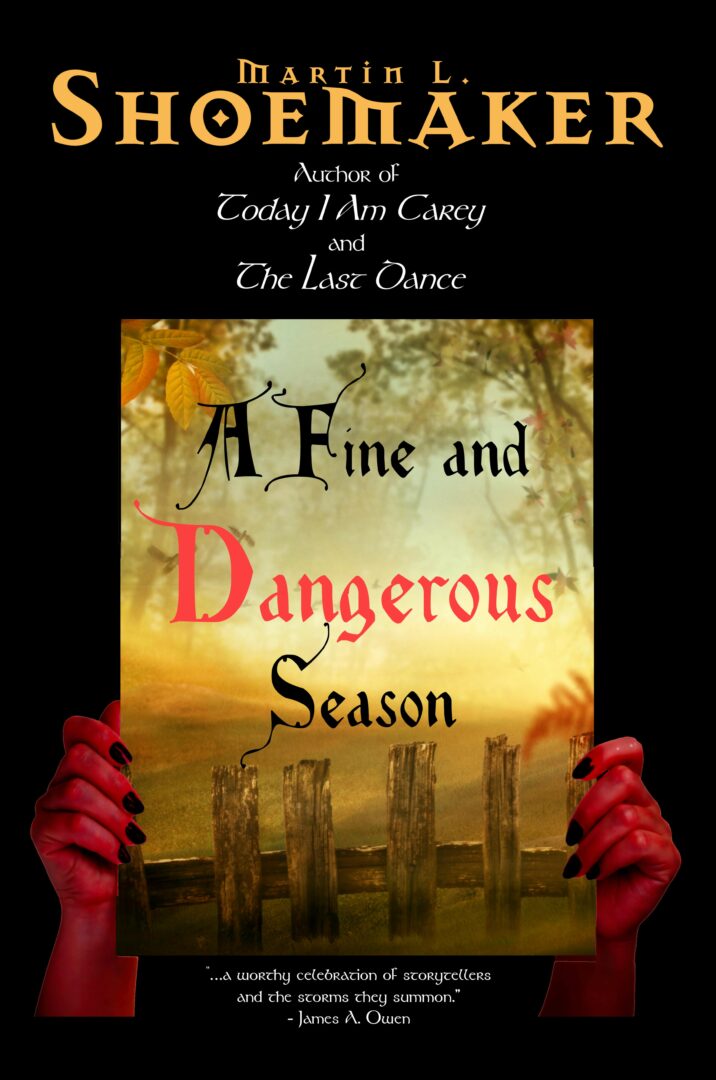
Great, so let’s take a few minutes and cover your story. What should folks know about you and what you do?
The longer I write, the more I see my work as Story Jazz. Create in the moment. There’s nothing wrong with planning, but it’s not the only way. At conventions and faires, I entertain crowds by spontaneously telling stories in response to their prompts. My next book, A Fine and Dangerous Season, was written a chapter per day with no plan, and it’s the best thing I’ve ever written. Beethoven’s 9th symphony and Miles Davis’s Kind of Blue are both masterpieces, one planned and one improvised.
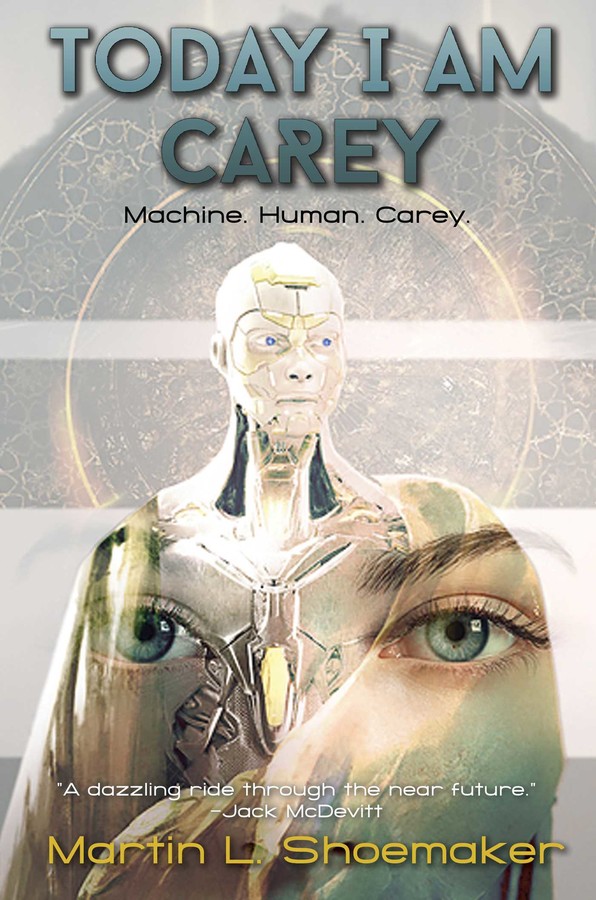
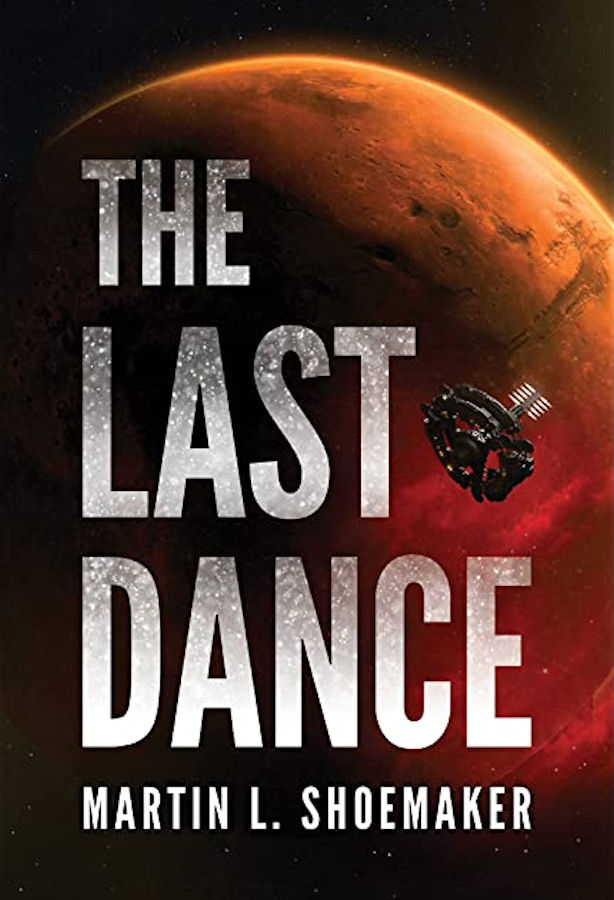
Looking back, what do you think were the three qualities, skills, or areas of knowledge that were most impactful in your journey? What advice do you have for folks who are early in their journey in terms of how they can best develop or improve on these?
Empathy. Feel for others, and you’ll feel for your characters. You can build empathy by watching the world around you or the stories you love and asking yourself questions about what the people and characters feel.
Dictation. It’s not for every writer, but most of us learned to talk before we learned to type. Give it time. Don’t expect to be good at it in hours or days. Give it weeks or months. It’s key to my productivity.
Perspective. I find that knowing that all writers have doubts and fears and Imposter Syndrome and Writers block and yet they still write is inspirational. It’s normal. And if they could overcome these, I can.
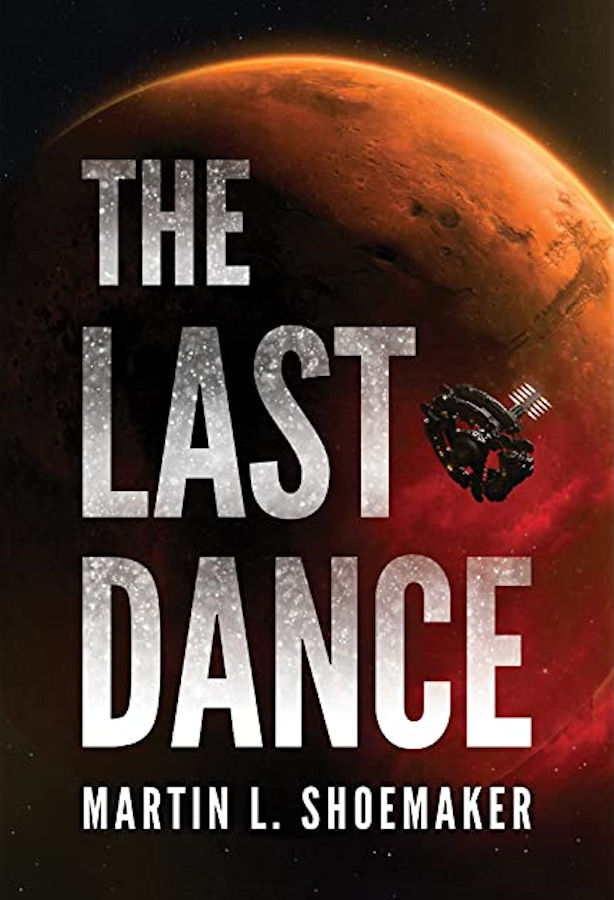
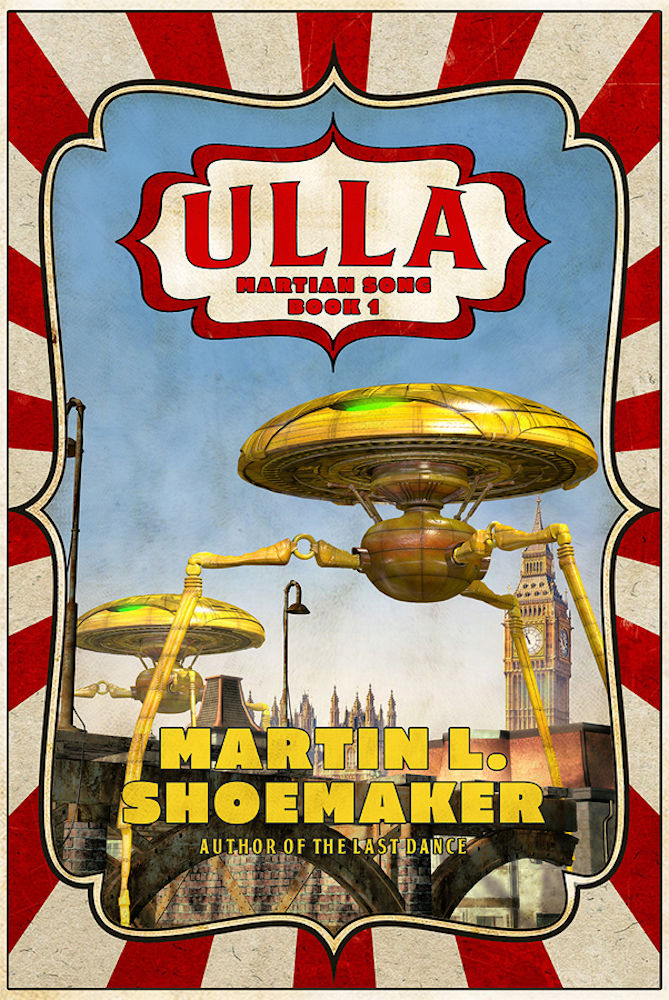
To close, maybe we can chat about your parents and what they did that was particularly impactful for you?
They read. Everyone in the family read. Reading was normal. Books were everywhere. They’re in my blood.
Do your kids a favor. Do yourself a favor. Make reading a priority.
Contact Info:
- Website: http://Shoemaker.Space
- Instagram: https://www.instagram.com/martinlshoemaker
- Facebook: Martin L. Shoemaker
- Twitter: shoemakerspace
- Youtube: @shoemakerspace
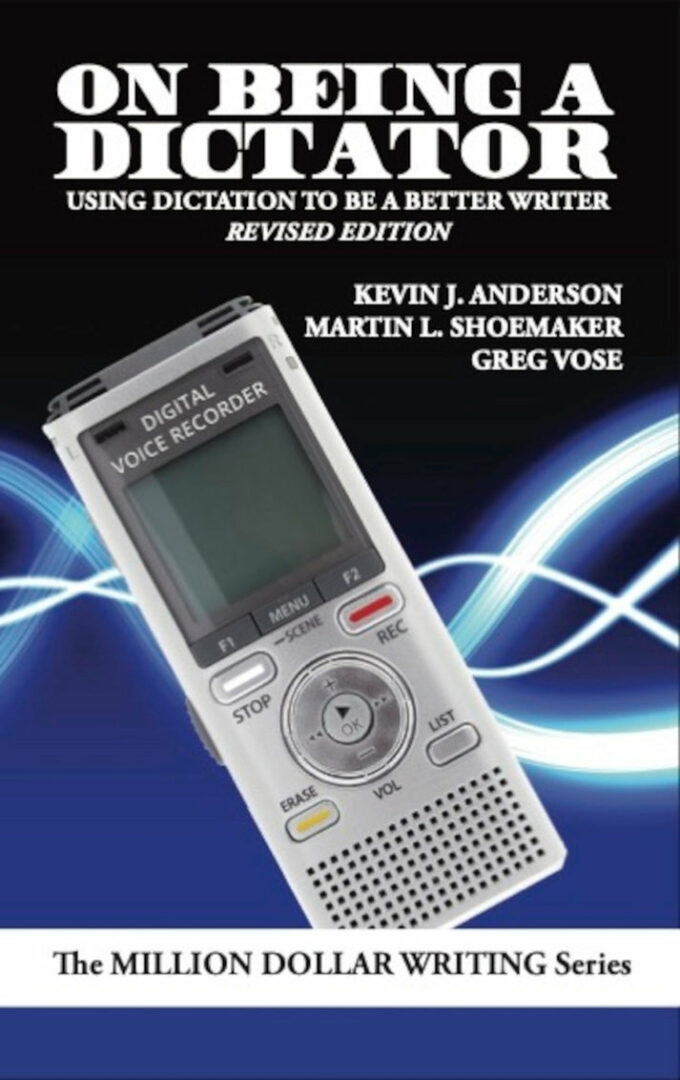

Image Credits
JS Photography
so if you or someone you know deserves recognition please let us know here.




